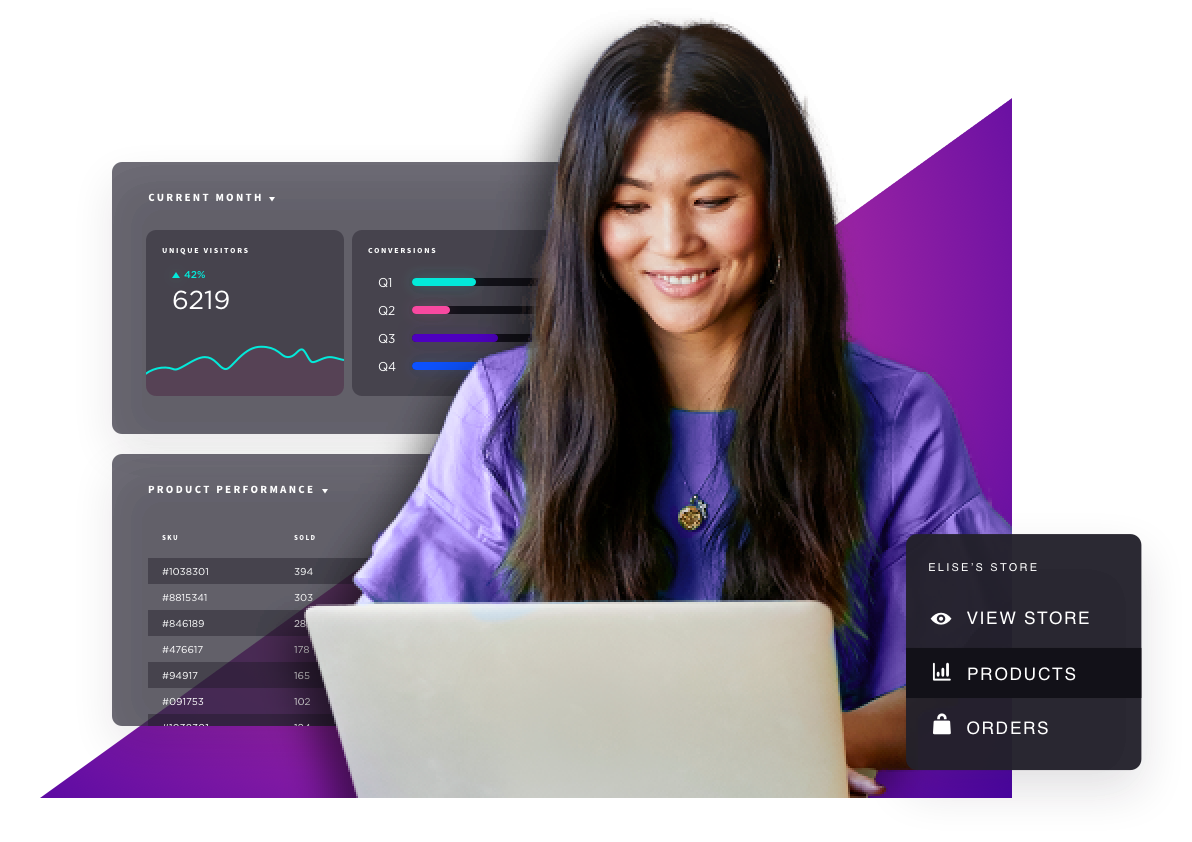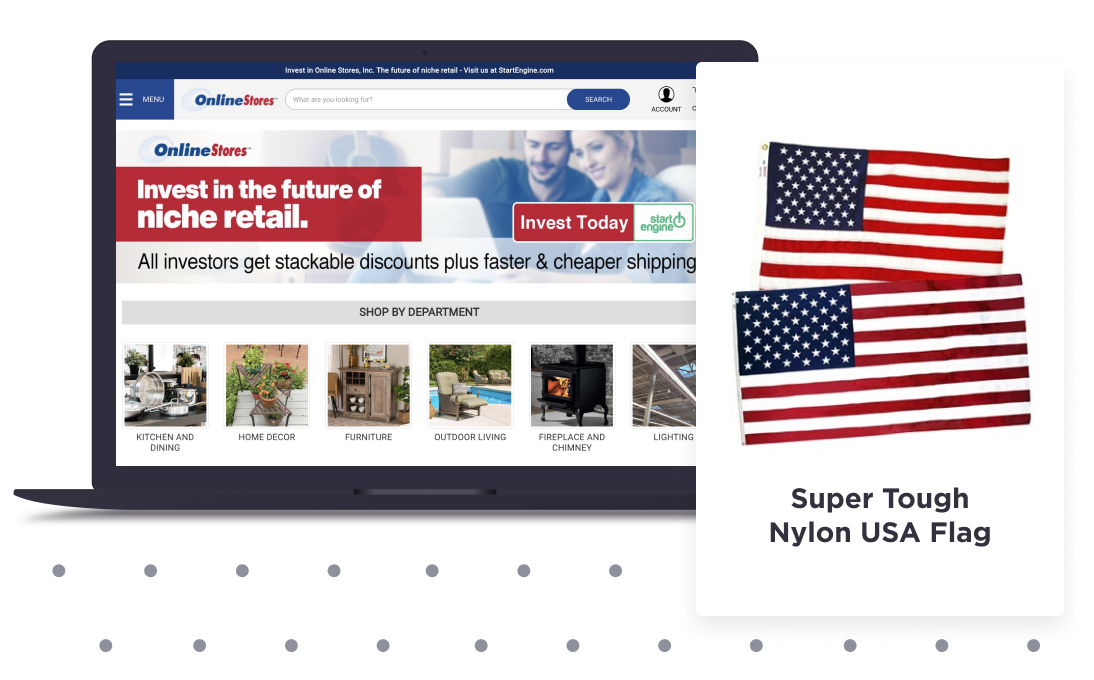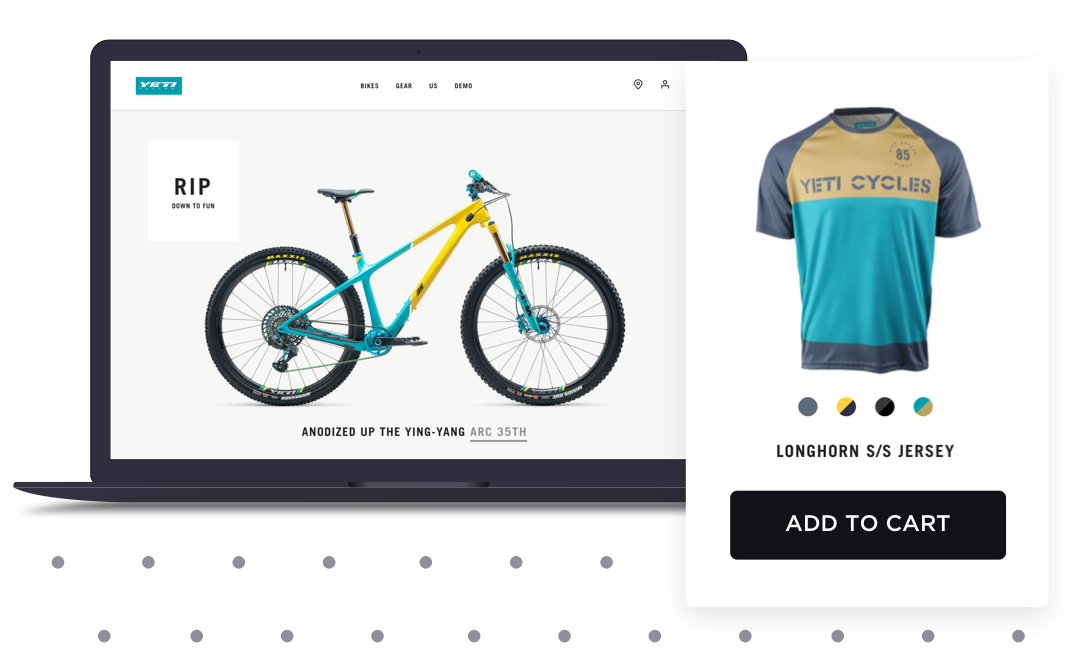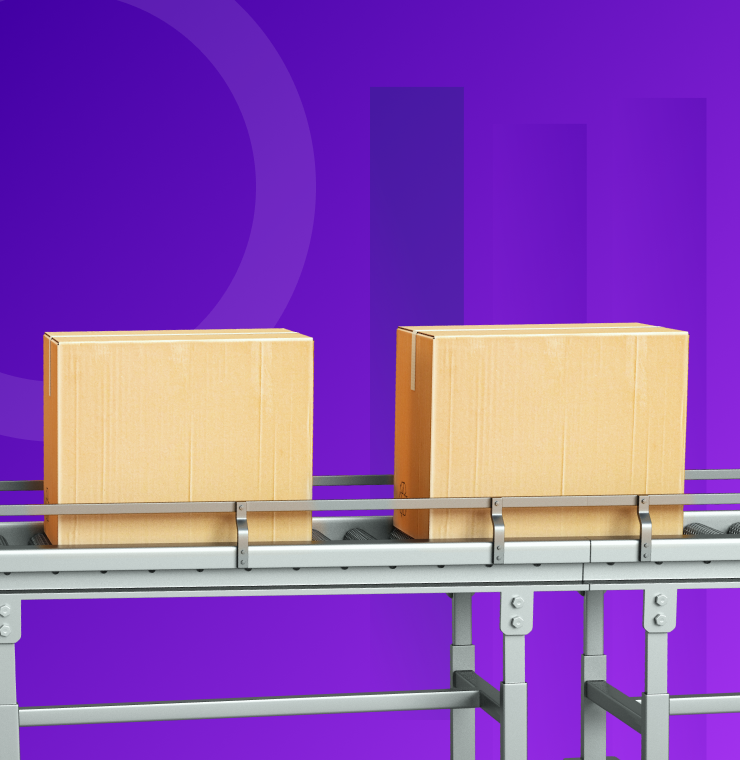- Enterprise
- Essentials
BigCommerce vs Salesforce Commerce Cloud
BigCommerce is a flexible platform that easily integrates with existing systems, so you have the agility needed to scale quickly — and cost-effectively.

BigCommerce vs Salesforce Commerce Cloud: Why businesses are making the switch
Craft endless commerce possibilities with our flexible ecommerce platform designed to help you exceed customer expectations.
Freedom to innovate and experiment
Locking your capabilities on one platform may sound simple — until you want to make a change. If you choose a third-party over Salesforce's add-on services, you’ll inevitably face additional obstacles and costs. With 90% of the platform exposed via APIs, BigCommerce makes it easy to build custom apps and integrations, launch into new markets and scale across channels.
Lower total cost of ownership
Smart businesses must invest and prioritize revenue-driving activities. But an implementation on Salesforce Commerce Cloud can easily cost $250K+. Plus, you’re locked into a 3-to-5-year contract. BigCommerce offers multiple plans coupled with predictable flat-rate pricing, so you can make financial plans without surprises.
Launch fast and stay agile
Brands need to react quickly to ever-changing shopper expectations. BigCommerce makes it easy for anyone to use the platform, so you can launch your store fast and easily make updates — no developer expertise necessary. With Salesforce, even small changes can be difficult to make due to all the custom development.
Sell B2C and B2B on one platform
BigCommerce enables you to consolidate your B2C and B2B channels into a single platform — helping you maximize efficiency and avoid bottlenecks. On the other hand, Salesforce offers B2C and B2B separately — which can drive up costs, pile on complexity and eat away at development resources.
Migration success stories
Common BigCommerce vs Salesforce Commerce Cloud questions
Are Demandware and CloudCraze the same as Salesforce Commerce Cloud? How do they compare to BigCommerce?
Understanding Salesforce’s ecommerce platform offerings can be difficult since they have four different options.
In 2016, Salesforce purchased Demandware to support B2C ecommerce and rebranded the platform as Salesforce Commerce Cloud. In 2018, they acquired CloudCraze to support B2B ecommerce. Under the umbrella of Salesforce Commerce Cloud, the company markets two products: Salesforce B2C Commerce (formerly Demandware) and Salesforce B2B Commerce.
To further complicate things, Salesforce released B2B Commerce Lightning Experience in 2020. So now, to distinguish between the two B2B platforms, the former CloudCraze product is referred to as B2B Commerce on Classic (or Visualforce). Additionally, Salesforce released B2B2C Commerce on Lightning Experience for B2B merchants who want to add a direct-to-consumer (DTC) channel.
By contrast, BigCommerce is one single platform that supports all your needs for B2C, B2B and DTC ecommerce.
Can I use BigCommerce or Salesforce Commerce Cloud as part of a headless build?
BigCommerce’s flexible approach makes headless/composable commerce an accessible solution. Almost all the functionality of a stand-alone BigCommerce store can be accessed in a headless experience using our APIs. Additionally, BigCommerce offers pre-built connectors for leading CMSs, digital experience platforms, custom front-end frameworks and progressive web applications.
While Salesforce does offer headless as a solution, according to Gatner analysts the B2C Commerce Cloud is still monolithic in nature, and companies pursuing composable commerce use cases will find more flexibility in other platforms.
What options do Salesforce and BigCommerce offer for managing customer data, personalization and business intelligence?
Salesforce has a large ecosystem of products that they encourage merchants to use — including Einstein, which they describe as an integrated set of artificial intelligence (AI) technologies. Additionally, Salesforce owns Tableau, which supports business intelligence (BI).
For merchants that want more control over their data, BigCommerce offers our Big Open Data Solutions. You have the freedom to assemble a technology stack that’s unique to your data needs.
Whether you are a small business or large enterprise, with Big Open Data Solutions you can easily connect, integrate and securely transfer your BigCommerce store data to any partner technology solution: data warehouses, BI tools, customer data platforms, analytics and personalization solutions. Learn more about Big Open Data Solutions.
Do I need an agency to implement a BigCommerce or Salesforce store?
Considering the underlying architecture of the Salesforce Commerce Cloud products are different (see above), it’s in your best interest to either hire a third-party agency or consultant, or work with an experienced development team that has extensive experience building on Salesforce.
BigCommerce offers out-of-the-box themes and a user-friendly Page Builder that make it easy for non-technical team members to build and launch a simpler ecommerce site. For more complex builds, many BigCommerce merchants choose to work with one of our thousands of agency partners or their internal development teams.
Recommended Resources
Grow your business with BigCommerce
Learn how BigCommerce can help grow your business without cost or complexity.




